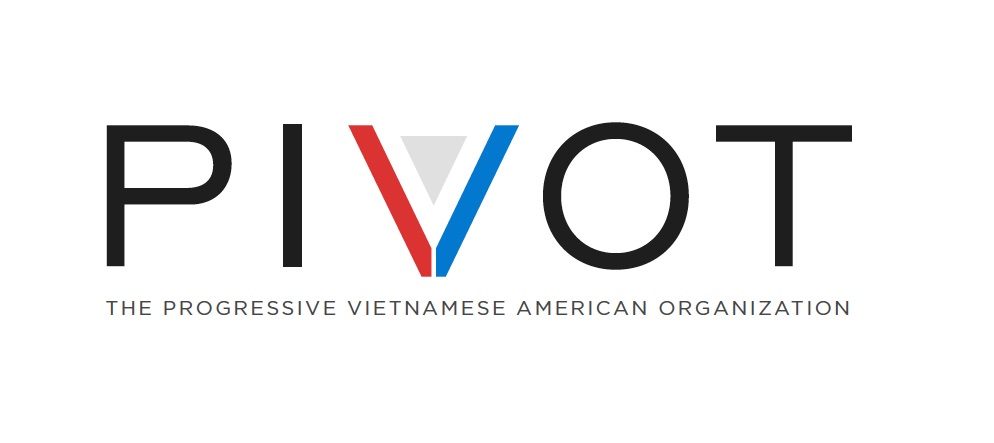Thang Do
/I am an architect and an entrepreneur. For nearly 30 years, I have led Aedis Architects, a San Jose-based architectural firm that specializes in the design of educational institutions. More recently, I founded SoFA Market, an urban food hall in San Jose’s emerging SoFA Art District, as well as The Fountainhead Bar, an architecture theme bar located within. I have been active in the efforts to revitalize downtown San Jose, as evidenced through my services as Chair of the San Jose Planning Commission, board member of SPUR, the San Jose Museum of Art and the Housing Trust of Silicon Valley and member of San Jose Architectural Review Committee. As a a committed urbanist and environmentalist, my architectural work embraces sustainable design practices, such as Aedis Architects’ office, a LEED Platinum-certified corporate headquarter. Community activism has played a significant part in professional work, ranging from advocating and advising on urban design issues and influencing planning practices to policy makers. Recognizing my contributions to society and the architectural profession, the American Institute of Architects elevated me in 2017 to the AIA College of Fellows, a distinction bestowed on fewer than four percent of AIA architects.
I am a native Vietnamese speaker and fluent in both Vietnamese and English. I am conversational in Italian and French, with a limited ability in Spanish and Mandarin Chinese. I live in Saratoga, California, with my wife and four children, in a historic home that I restored and transformed.


